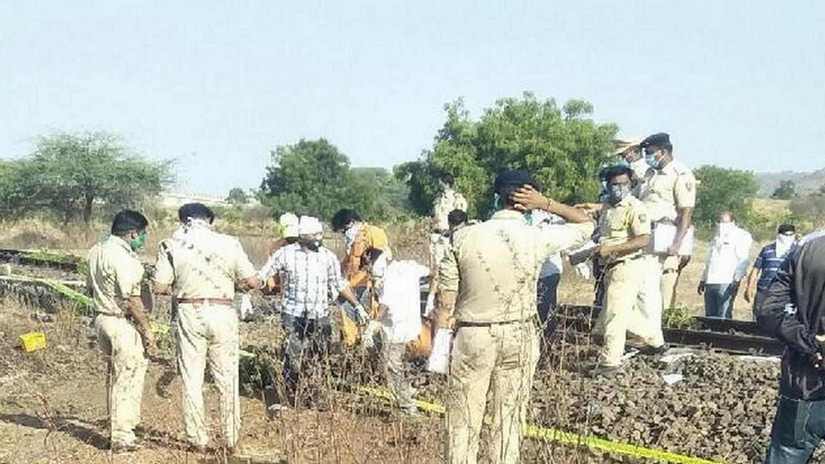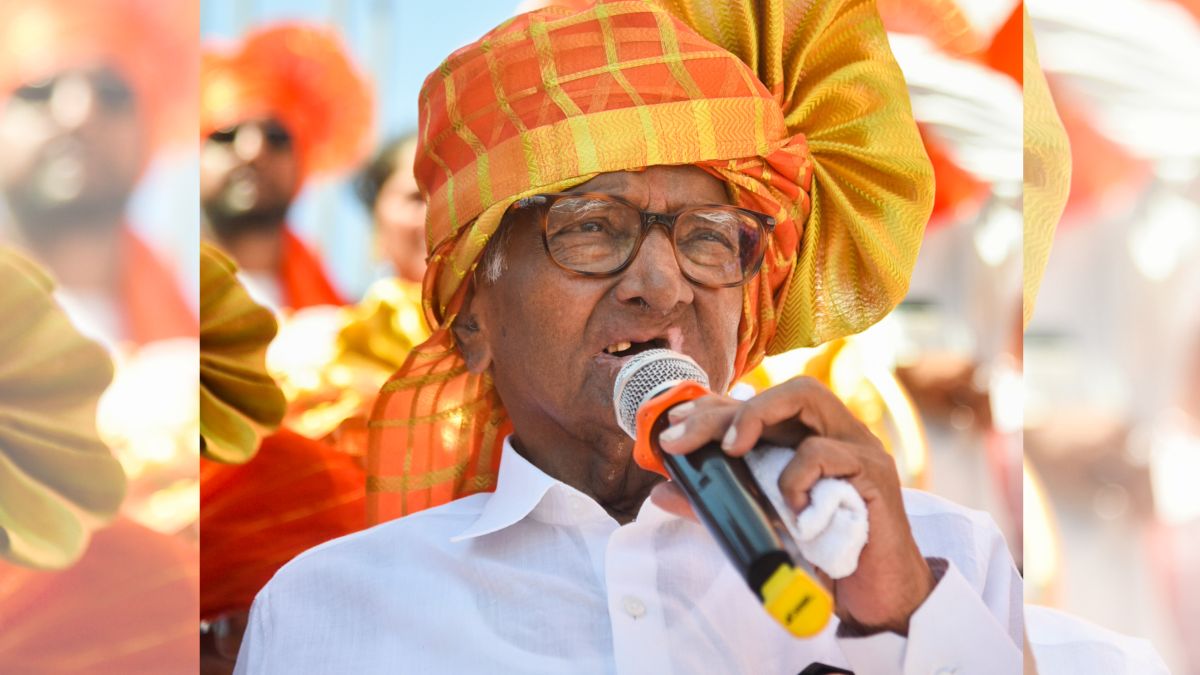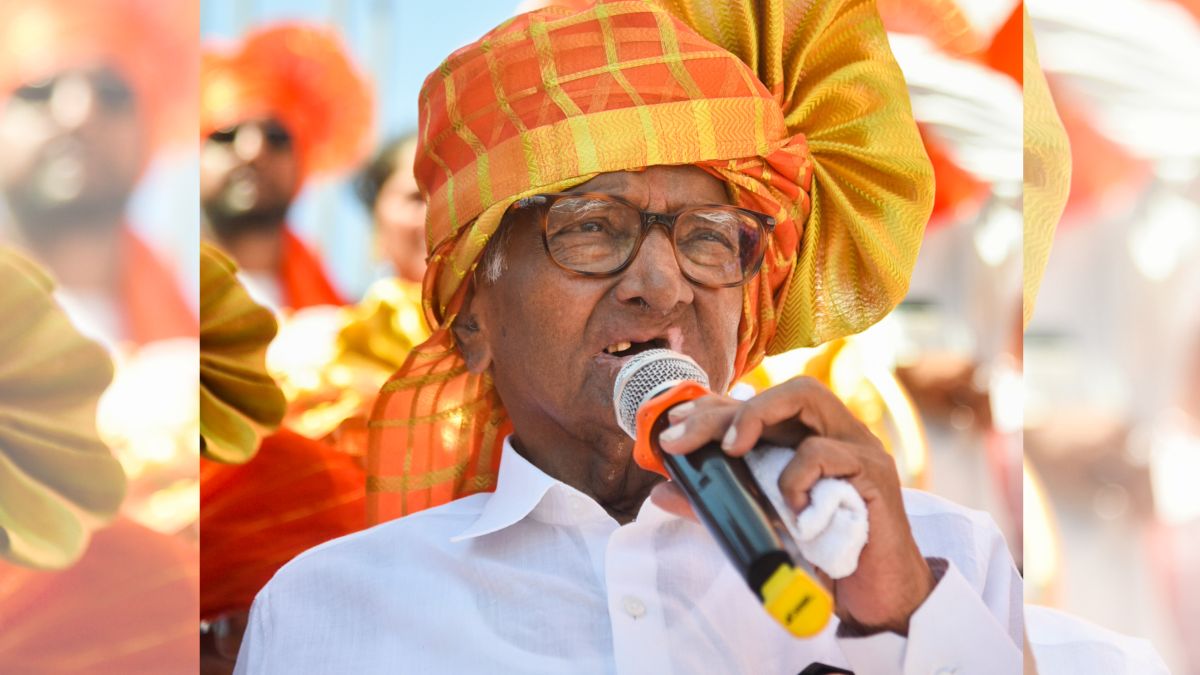On Friday, 16 migrant workers were crushed to death in their sleep by a goods train in Maharashtra’s Aurangabad district at 5.20 am. Of the 20 workers in the group, one is injured and three others are safe.
Firstpost spoke to 27-year-old Virendra Singh Gond, one of the migrant workers who managed to escape the ghastly incident.
“I was left behind because I had blisters on my soles, and could not keep pace with the rest,” Virendra said. “I told the others to go ahead.”
They worked at a private steel company in Jalna district, 60 kilometers from Aurangabad. The company had not paid their wages since the lockdown, said Virendra, who hails from Umaria district in Madhya Pradesh — 1,500 kilometers from Jalna. Six of the dead hailed from Umaria. The rest belonged to Shahdol district in Madhya Pradesh.
“We got food in Jalna,” said Virendra. “But for how long could we wait around? We had to see our families back home. They were worried about us.”
So the workers began walking towards Aurangabad station, from where they hoped to catch the train to Madhya Pradesh. Had they been unable to board the train in Aurangabad, they planned to walk further to Bhusawal station, said local journalist Shrikant Pofale.
The idea of walking on the railway track stemmed from two factors: one can avoid being roughed up at the police check posts on the road, and they thought the trains were not running, making it a safe bet.
“We started walking at 7 pm,” said Virendra. “We walked the whole night.”
About 40 kilometers later, near Karmad town in Aurangabad, the workers decided to take a break. Police Sub-inspector SS Sutale, Karmad Police Station, said the initial conversations with the workers that escaped the tragedy suggested they did not want to sleep on the railway track. “Firstly, they were not aware that goods trains are running,” he said. “And secondly, they did not want to sleep. They were tired. They sat down to take a break, and fell asleep.”
The exhausted labourers were in too deep a slumber to pick up the sound of an approaching goods train. Fourteen died immediately. Two succumbed later. One is injured. And two survived. The two slept beside the track, and not on it, said Sutale.
Virendra, who was behind the group, was awake because of the blisters. He said when he heard the horn of the train, he feared the worst. “I ran towards them, but it was too late,” he said. “The train had run them over.”
When Virendra reached the spot, he saw mutilated, disfigured, and maimed bodies of his co-workers. All of whom were in their 20s and 30s. The pictures of the spot went viral on social media after sunrise. The workers’ belongings strewn around the railway track. Their clothes, wallets and eatables scattered.
The workers belonged to Shahdol and Umaria, two of the most backward districts of Madhya Pradesh. At least eight were Adivasis. And their major source of income was labour. Virendra said he has a small landholding back home, but the family cannot sustain itself without labour work, for which he migrates out of Madhya Pradesh.
Ever since Prime Minister Modi announced a nationwide lockdown on 25 March to contain the spread of coronavirus, lakhs of migrant labourers have been stranded across India. With no work, no money and depending on charity for food, a helpless workforce navigating government apathy has been trying to find a way back to their villages through all possible means. They want to be with their families at this time of the crisis.
On 29 April, the Ministry of Home Affairs issued an order allowing the movement of stranded migrant labourers. Early in May, Indian Railways launched special “Shramik” trains to ferry them home. In order to secure passage, migrants in Maharashtra are required to collect a form from the local police station, fill it up with their details and destination.
The initial order also mandated that the workers get a health certificate stating they do not have influenza-like symptoms. But when that led to confusion, the state government said workers would instead be screened before the journey. Once they submitted their details, they were to await a call from the police station. However, migrant workers across the country have been running out of patience, and have little faith in the authorities.
Those crushed by the goods train in Aurangabad were no different.
Maharashtra chief minister Uddhav Thackeray expressed grief over the incident, and announced Rs 5 lakh ex-gratia for the families of the deceased. “Today’s accident in Aurangabad was painful. I appeal to the migrant labourers that they should not get restless. We are in touch with various states. Keep your patience for a few more days. Maharashtra government is with you,” Uddhav said in a statement on Friday.
Following the accident, the chief railway safety commissioner wrote to the railway board chairman asking him to ensure “abundant caution” so such accidents do not occur in the future, according to a Hindustan Times report .
Sutale said the workers that survived the accident were in shock. “They are helping us with the post-mortem,” he said. “The bodies were crushed, and you need someone to identify the bodies.”
At the end of the day, when the bodies were being sent to Madhya Pradesh from Aurangabad, Sutale said everyone on the scene was shaken up. Ironically, the bodies were loaded in the same special train the workers hoped to catch to get home.


)




)
)
)
)
)
)
)
)